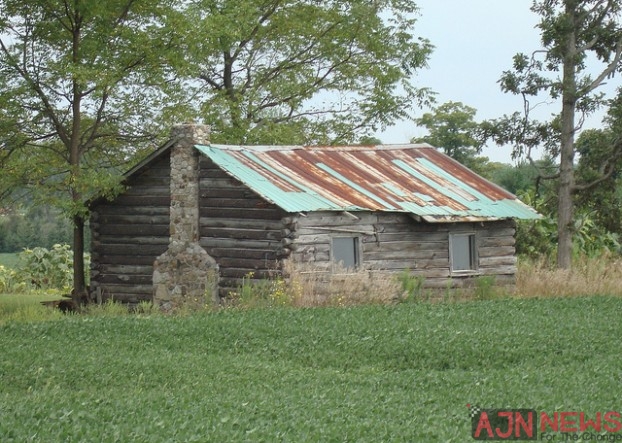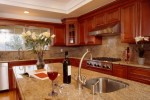When we see log cabins, we as Americans tend to equate them with humble, simple frontier living. This time-tested rustic housing option dotted the landscapes of many areas across the nation, built by pioneers with their own hands. These simple shelters remind us of a time when Abe Lincoln was calling for the freedom of slaves and Davy Crockett was establishing himself as the King of the Wild Frontier. Although they’ve gone out of fashion more than once in their long and varied history, log cabins seem to be making a comeback.
The Rise of the Log Cabin
The log cabin was not the first type of shelter used in colonial times. In fact, the pilgrims had an affinity for late-medieval architecture featuring post-and-beam construction, diamond-paned windows, and sawn-plank siding, according to This Old House. It wasn’t until the eighteenth century, when pioneers were moving farther and farther westward, that log cabins started cropping up. Rather than being built for long-term use, these shelters were intended to be a temporary resting place until the settlers could create the homes of their dreams.
But as the 1900s approached and the days of the frontier push were over, the Industrial Revolution took hold of the country, leading many to recapture that sense of America’s simple beginnings. Many painters and writers drove this sentiment, leading a resurgence in log cabin construction on a grand scale. The rich build elaborate log cabin homes that had every amenity of the day. This trend has continued to this day, remaining a niche market that attracts those with a penchant for rustic nostalgia. The popularity in part seems to be a throwback to the days when life was simpler, with this desire amplified as our lives get more and more inundated with technology.

Modern Log Cabin Construction
These days, the luxury log cabin is the new summer home of choice for many who can afford the bells and whistles that come with custom log cabins. Log homes are getting bigger and better, with more intricate truss work, curved elements, and long, high windows to let in plenty of light. The overall popularity of log cabins these days has been driven by the uptick in luxury construction. Synthetic chinking fills the gaps between each log, featuring a strong acrylic polymer material that attaches to wood much more efficiently than its former sand-cement counterparts. The old method was notorious for separating from the wood over a short period of time and creating easy entryways for cold drafts and bugs. To battle sagging, log cabins are now often built with reinforced steel rods. Hybrid homes are getting more attention, too. These homes feature the traditional wood framework but are covered with half logs or even stone, making it easier to incorporate plumbing, insulation, and electrical systems.
Resurgence of Log Cabin Popularity
About 25,000 new log houses were built last year in this country. Urbanites in particular love the log cabin as a vacation or retirement home. Multi-million-dollar log homes have been cropping up in recent decades. But like anything else, the economy is putting a damper on even this luxury niche market, with homes sitting on the market for longer periods of time with lower and lower price tags. This is due in part to the rising cost of logs, which has increased 15 percent in the past five years. But economic downturn or not, log cabins are ingrained in the psyche of Americans and are expected to be an important part of the landscape for centuries to come.
Richie Sanderson is a freelance writer based in Houston, TX. If you’re seriously contemplating a log cabin for yourself, Richie recommends visiting Bayou City Lumber, a trusted lumber yard.
Image credit goes to Hear and Their.























